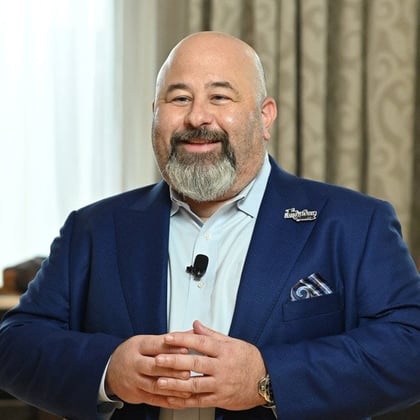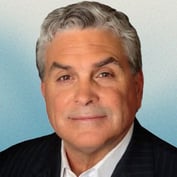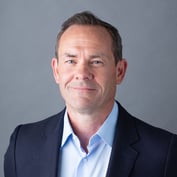Known as the capstone to the conference season, the MarketCounsel Summit held forth for its 15th year earlier this month in Las Vegas.
Brian Hamburger, the advisory attorney and CEO of MarketCounsel, opened the event with some pointed observations and questions for the audience, setting the stage for the next two-plus days of content and networking.
“Operational complexity is the No. 1 reason that advisors are selling today,” he said. “What was once a collegial environment in the industry is no longer, as firms are fighting for a limited talent pool.”
Hamburger added: “More and more folks are joining the party, such as PE investors, which is creating a natural tension between business priorities and advisors’ role as fiduciaries — and as a result, are clients losing their seat at the table?”
These themes and issues populated the agenda, with the perennial focus on organic growth topping the list. With recent industry studies showing that independent advisor growth has been slowing (when market gains are netted out), everyone seems to be doubling down on ways to strengthen their marketing muscle.
Growth Focus
The opening panel discussion, “Tactics of High Growth Firms,” featured Sara Baker, chief planning and legal officer of Triad Wealth Advisors, which recently launched an RIA; Jonathan Blumenthal, CEO of Quotient Wealth Partners, a newly formed RIA on the Dynasty platform (formerly with Goldman Sachs Personal Financial Management); and David Wood, chief visionary officer of Gateway Financial Partners.
Blumenthal’s growth strategy is to identify local corporations with aging workforces and become experts in all aspects of retirement planning for those firms.
Baker noted that in-person seminars have been working as a tried-but-true way to convert new business, and Wood highlighted a personalized gift catalog, made available to his advisors, that has helped them drive increased referrals.
Everyone agreed that while there are many approaches, advisory firms need to be committed to investing in the process to drive scalable results.
M&As and RIAs
Next on the agenda was Mark Hurley, an early RIA prognosticator who gained notice from a 1999 white paper he wrote predicting the consolidation of the industry into just 40 firms. While his outlook didn’t come to life as quickly as he had thought, he certainly foresaw the current dominance of mega-RIA firms.












 Copyright © 2024 ALM Global, LLC. All Rights Reserved.
Copyright © 2024 ALM Global, LLC. All Rights Reserved.